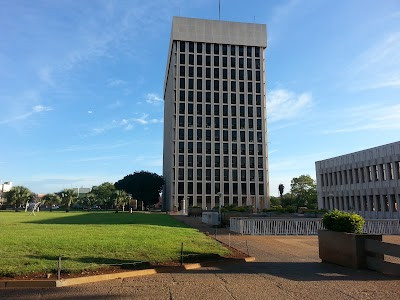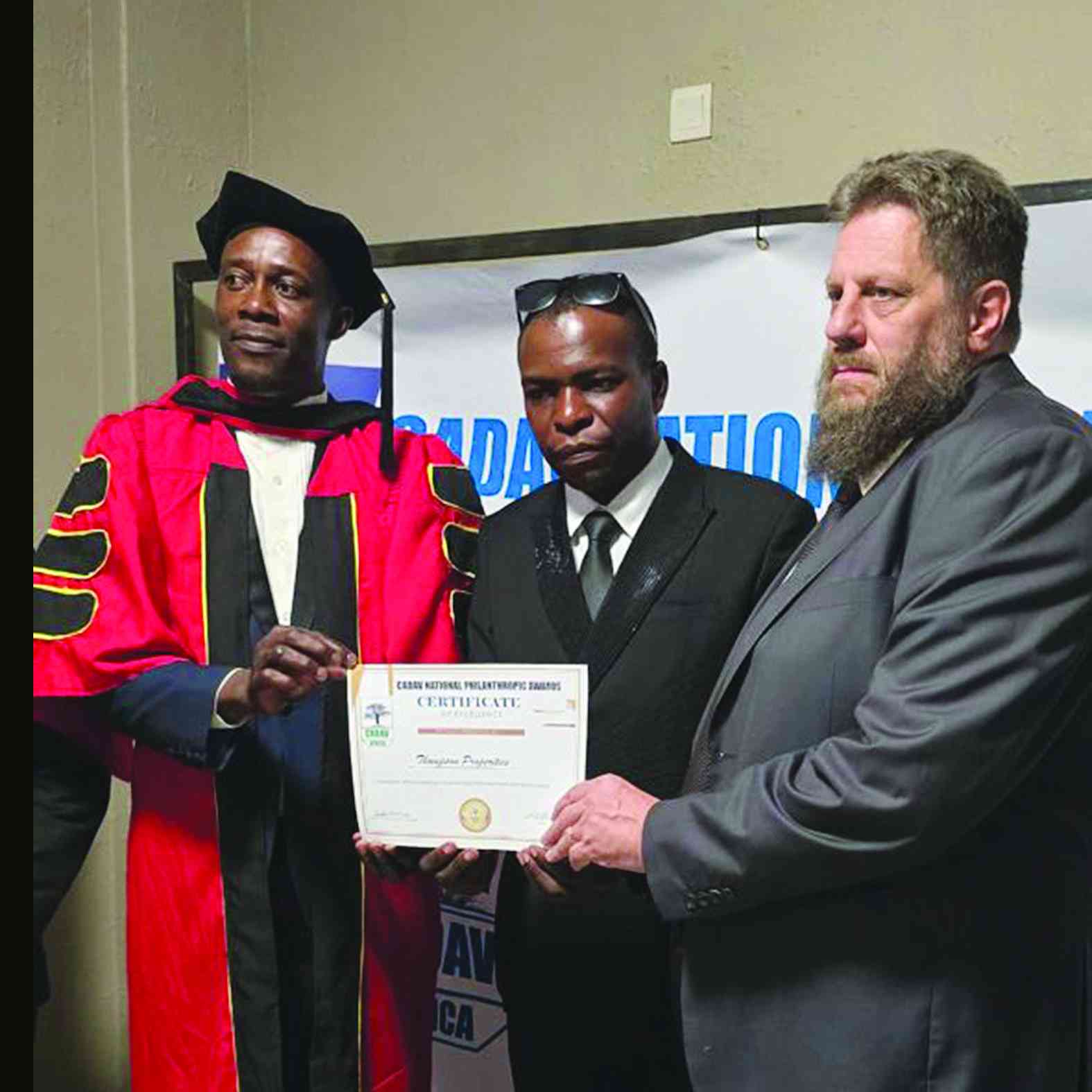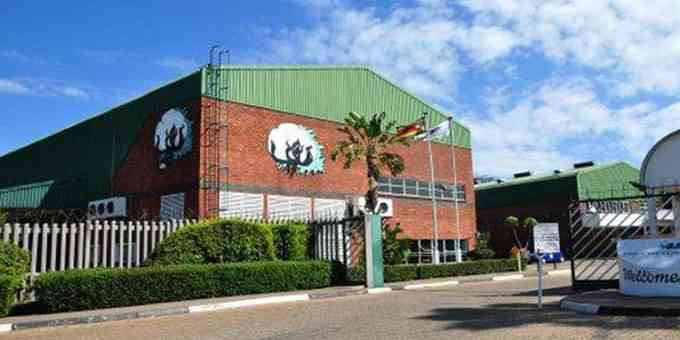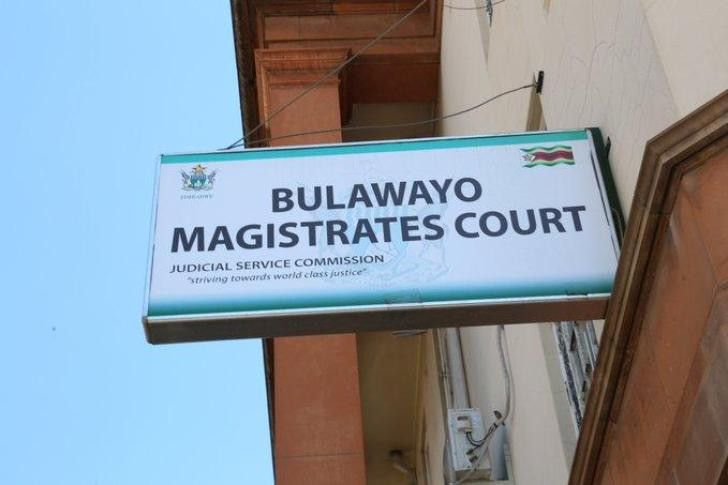The African Export-Import Bank (Afreximbank) has projected a bigger and better intra-African Trade Fair (IATF2023) with organisers on roadshows to lure participation by countries and companies.
IATF2023 will run from November 9 to 15 in Cairo, Egypt.
The fair is organised by Afreximbank in collaboration with Egypt, the African Union Commission and the AfCFTA Secretariat to boost intra-African trade.
Denys Denya, Afreximbank’s executive vice president (Finance, Administration and Banking Services) said last week that the biennial trade fair has been growing since it debuted in 2018.
IATF2018 had over 1000 exhibitors, more than 7000 visitors and trade and investment deals surpassed US$32 billion. It had 45 countries.
IATF2021 had over 1500 exhibitors, 35000 visitors (13000 attended in person) and trade and investment deals signed reached US$42 billion and 69 countries participated. “
Keep Reading
- Concerns over Zimbabwe mortgaging resources
- Concerns over Zimbabwe mortgaging resources
- Afreximbank opens office in Barbados as Africa, Caribbean ties deepen
- Interview: Afreximbank pledges to support local firms
“With our partners, the African Union Commission, AfCFTA Secretariat, and our Host - the Government of Egypt, IATF2023 promises to be bigger and better. We aim to attract more than 1,600 exhibitors from over 75 countries, over 35,000 participants from all 55 African countries and the rest of the world, including the Diaspora, and generate intra-African trade deals worth over $ 43 billion. Come and claim your piece of the action,” Denya said, at the IATF2023 high level roadshow held in Nairobi, Kenya.
IATF2023 recently had a roadshow in Dubai and its next gathering will be in Algeria on September 7.
The push to drive intra-African trade comes after the realisation that African countries were not trading among themselves.
This saw the birth of the African Continental Free Trade Area (AfCFTA), the world’s largest trading bloc by participating states since the creation of the World Trade Organisation.
AfCFTA has created a market with a population of over 1,4 billion and a combined GDP of over US$3,5 trillion. This makes the AfCFTA the fifth largest economy in terms of GDP.
Denya said the AfCFTA will fundamentally transform Africa’s economic structure and reduce Africa’s reliance on the export of raw materials.
“More importantly, the AfCFTA will also break down the artificial borders that have divided us for too long. It offers us an opportunity to shake off once and for all the shackles that have held us back, which include market fragmentation; lack of economies of scale; reliance on the export of primary commodities; under-developed regional value chains; and tariff and non-tariff barriers to trade,” he said.
Denya said the bottlenecks have led to low intra-African trade, averaging 16% and the “continued outsourcing of our development ambitions”.
It is estimated when fully implemented, the AfCFTA could boost regional income by US$450 billion, speed up wage growth for women, and lift 68 million people out of moderate poverty.





